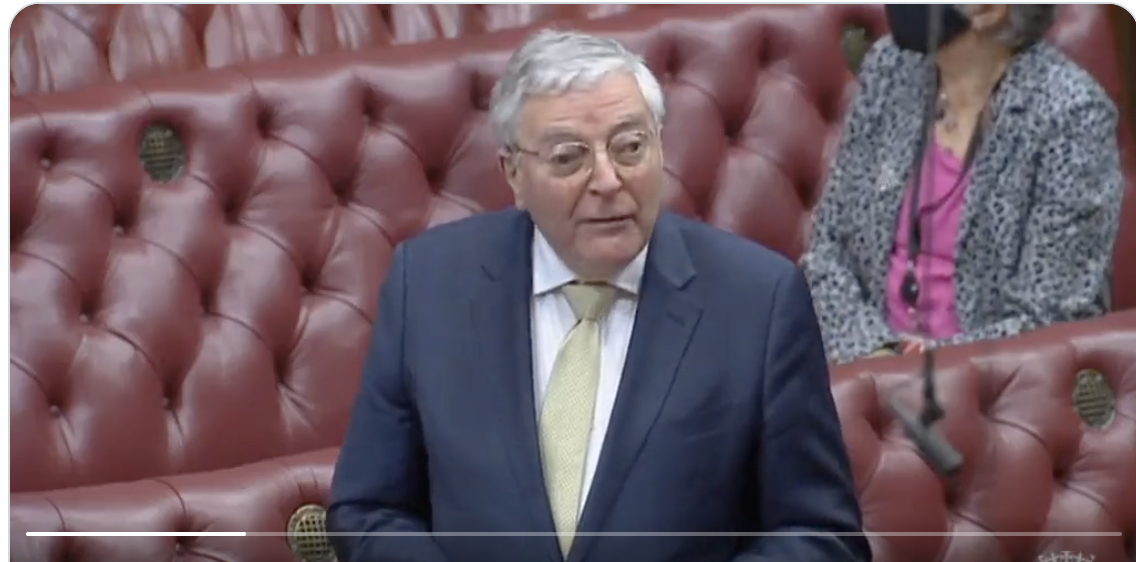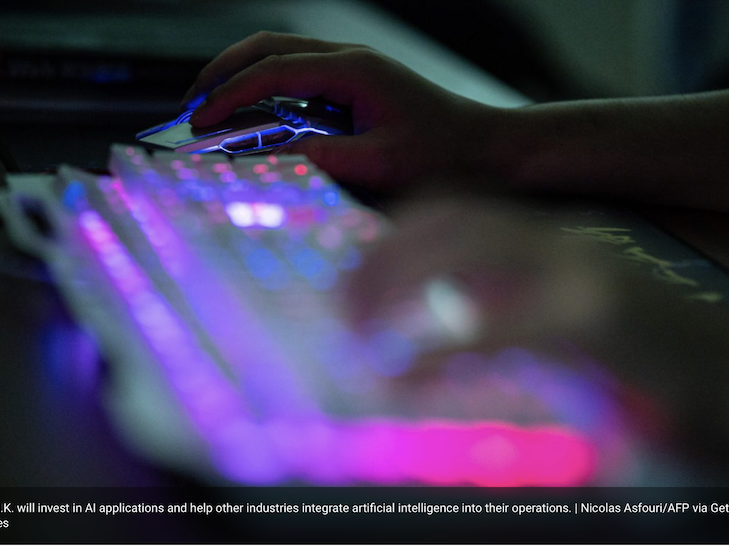During the Report Stage of the Advanced Research and Invention Agency Bill I spoke in favour of changes to the bill to ensure that pure maths research was included in the definition of scientific research.

This is the recording
"Maths does not always receive the funding and support that it warrants" says Lord Clement-Jones #ARIABill@LondMathSoc pic.twitter.com/tpz02cuJ6C
— Protect Pure Maths (@protectingmaths) December 14, 2021
And this is what I said:
My Lords, I have signed and I support Amendments 12, 13 and 14. As someone immersed in issues relating to AI, machine learning and the application of algorithms to decision-making over the years, I, too, support Protect Pure Maths in its campaign to protect pure maths and advance the mathematical sciences in the UK—and these amendments, tabled by the noble and gallant Lord, Lord Craig, reflect that.
The campaign points out that pure maths has been a great British success story, with Alan Turing, Andrew Wiles and Roger Penrose, the Nobel Prize winner—and, of course, more recently Hannah Fry has popularised mathematics. Stephen Hawking was a great exemplar, too. However, despite its value to society, maths does not always receive the funding and support that it warrants. Giving new funding to AI, for instance, risks overlooking the fundamental importance of maths to technology.
As Protect Pure Maths says, the 2004 BEIS guidelines on research and development, updated in 2010, currently limit the definition of science and research and development for tax purposes to the systematic study of the nature and behaviour of the physical and material universe. We should ensure that the ARIA Bill does not make the same mistake, and that the focus and capacity of the Bill’s provisions also explicitly include the mathematical sciences, including pure maths. Maths needs to be explicitly included as a part of scientific knowledge and research, and I very much hope that the Government accept these amendments.
13th November 2021
Lord C-J : Lords Diary in the House Magazine
2nd October 2021
Lord C-J Comments on National AI Strategy
18th July 2015






